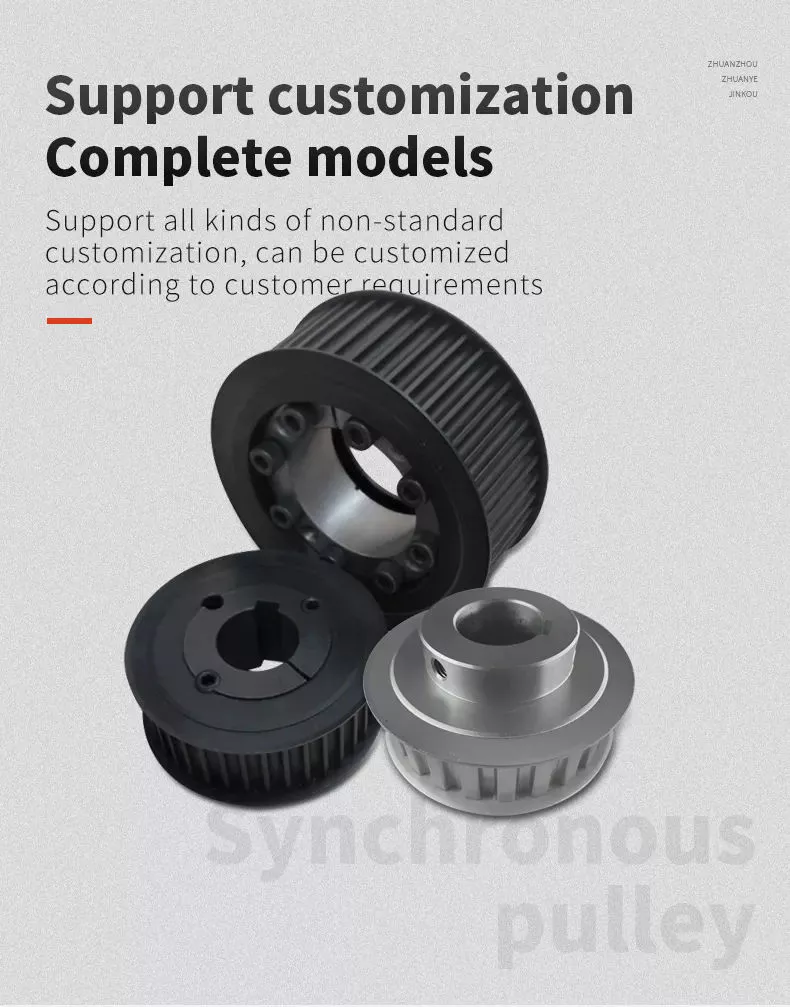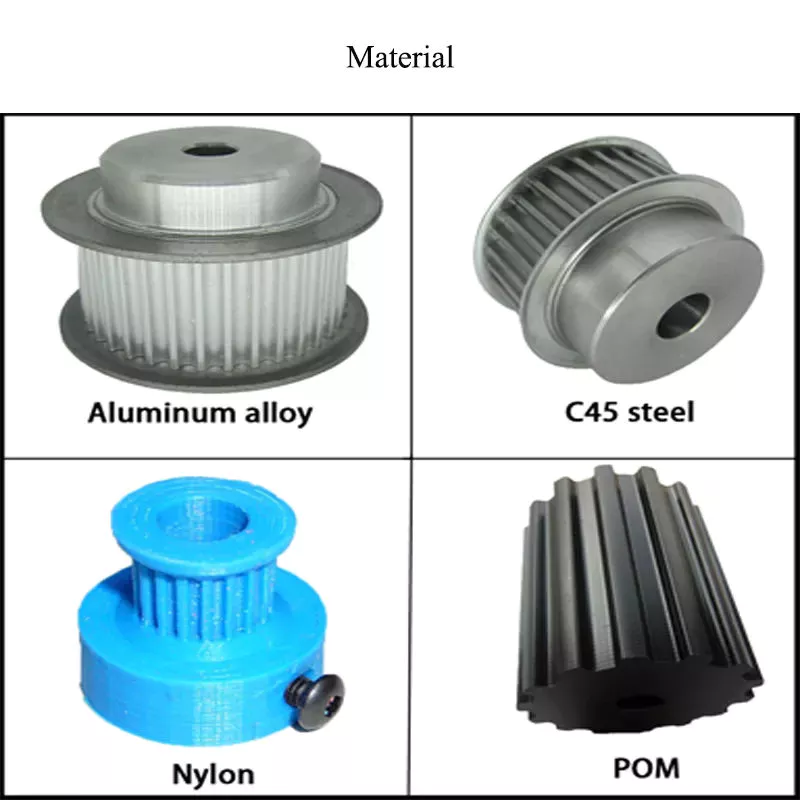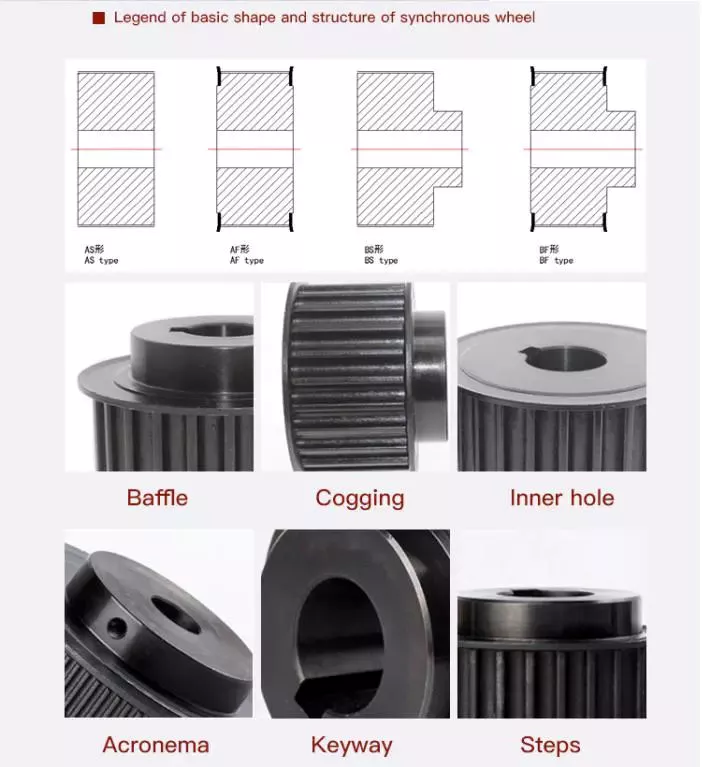Product Description
DH hand chain hoist with a lightweight short handle design, but at the same time to maintain a very labor-saving lever operation, for construction, shipbuilding, sheet metal and other industrial areas of the user is a very good tool, especially suitable for use in restricted space. This series of new lever block as an essential tool in the industrial business and service widely used. The block is very light weight, the design is very compact, even in the limited working environment can also be easily used.
|
Model
|
DH0075
|
DH008
|
DH571
|
DH015
|
DH016
|
DH030
|
DH032
|
DH060
|
DH090
|
|
Rated weight(kg)
|
750
|
800
|
1000
|
1500
|
1600
|
3000
|
3200
|
6000
|
9000
|
|
Standard lifting height(m)
|
1.5
|
1.5
|
1.5
|
1.5
|
1.5
|
1.5
|
1.5
|
1.5
|
1.5
|
|
Chain row number
|
1
|
1
|
1
|
1
|
1
|
1
|
1
|
2
|
3
|
|
Full load when the hand force(N)
|
220
|
225
|
240
|
240
|
250
|
330
|
340
|
360
|
380
|
|
Test load(kg)
|
1125
|
1200
|
1500
|
2250
|
2400
|
4500
|
4800
|
9000
|
13500
|
|
Lifting chain specifications(mm)
|
5.6X17
|
6X18
|
6X18
|
7.1X21
|
7.1X21
|
9X27
|
9X27
|
9X27
|
9X27
|
|
Net weight(kg)
|
5.3
|
5.6
|
5.6
|
8.6
|
8.6
|
15.2
|
15.2
|
23
|
43
|
|
Pack weight(kg)
|
5.6
|
5.9
|
5.9
|
8.9
|
8.9
|
15.6
|
15.6
|
23.5
|
44.5
|
|
Pack size(cm)
|
31.5X16X12
|
31.5X16X12
|
31.5X16X12
|
35X18X13
|
35X18X13
|
48X20X13.5
|
48X20X13.5
|
48X21.5X17
|
53X28X25
|
|
Weight for each additional
|
0.7
|
0.77
|
0.77
|
1.1
|
1.1
|
1.8
|
1.8
|
3.6
|
5.4
|
|
Size(mm) a
|
115 39 239 28 146 91 320
|
115 39 239 28 146 91 320
|
115 44 239 30 146 91 320
|
137 44 259 32 162 67 360
|
137 44 259 34 162 67 360
|
169 60 374 41 187 98 431
|
169 60 374 41 187 98 431
|
238 68 374 47 187 98 500
|
300 91 374 61 187 98 635
|
Can I get a sample before order?
sure, we provide you Free sample within 3-5 working days.
can you accept small order?
for some normal items, we can do small quantity according your details requirement.
How about your delivery time?
25-30days
Pulley Type
There are several types of pulleys. These include fixed pulleys, load multipliers and movable pulleys. Below is a description of each pulley type. A load multiplier is a special type of pulley with multiple wheels for increased lifting capacity. It is used in a wide range of applications including power transmission and construction. Some common uses of pulleys are listed below.
moving pulley
Movable pulleys work by transferring the weight of a load to another object of the same mass. Since a live pulley is inherently frictionless and weightless, the force required to lift a load with it is the same as the weight of the load. This principle applies to tall buildings and residences. It is an excellent choice for lifting heavy objects such as furniture and washing machines.
A pulley is a mechanical device with a wheel that rotates on a shaft. The axle is attached to the wheel and is usually fixed. The movable pulley can be fixed or movable, both of which can change the direction of the force on the rope. Some pulleys can also change the magnitude and direction of the force. They are ideal for a variety of applications, from lifting heavy objects to transporting objects.
Another type of movable pulley works by transmitting force to another object. It has a free axis and the total force provided by the rope tension is balanced. Since the tension on the rope is constant in each segment, pulling 1 end of the rope will double the force on the shaft, resulting in 2 mechanical advantages. This mechanical advantage is the main reason why movable pulleys are so versatile.
Another form of moving pulley is called a KWL diagram. The KWL diagram summarizes the basic concepts of the drive wheel. KWL diagrams are an excellent way to assess a student’s understanding of the concepts discussed in the course. Word questions are a great way to check whether students understand concepts. When students answer the word questions correctly, the answer is yes!
Fixed wheel pulley
If you need to move heavy objects, a single fixed wheel pulley is not a good choice. Using a single fixed pulley might be similar to using a handbag, but it’s not very convenient. This type of pulley system relies on friction to transmit motion. As a result, it can slip and isn’t always reliable. Fortunately, you can find other options that work just as well.
Fixed pulleys are the most basic type of pulley. They consist of grooved wheels and ropes attached to objects. These pulleys make lifting easier. Because the rope or cable only moves in 1 direction, the movement of the object feels lighter. And they are also easy to install. However, before you buy a fixed wheel pulley, make sure it is strong enough to support the weight of the load.
The disadvantages of fixed pulleys are obvious. One of them is the lack of mechanical advantage. A fixed pulley pulls up with the same force as a single moving pulley, and a single fixed pulley is not particularly effective as a force multiplier. However, the effect is more pronounced when you combine multiple fixed-wheel pulleys. You will get double the power! So what do fixed wheel pulleys have to offer?
Fixed wheel pulleys can be as small as a ring. A single ring pulley requires twice as much force as the weight being pulled. Adding more loops to the rope will reduce the effort required to pull the weight. The mechanical advantage of a fixed pulley is proportional to the number of strands running to the free pulley. A 100-pound pull on the free end will lift a 300-pound load.
composite pulley
Compound pulleys are pulleys that can be used to change the direction of a control wire. It can also be used to modify the mechanical force of the wire by moving the item it is connected to. In galleons, compound pulleys are more common. They are often combined with other ropes for mechanical advantage. Here are some common uses for composite pulleys.
The ideal mechanical advantage of a pulley is equal to the number of rope segments that pull up the load. This means that the more rope segments, the less force is required. A compound pulley will have the ideal mechanical advantage of 2, which means it will generate more force than a simple pulley. Composite pulleys are also more efficient at transmitting force because their number of rope segments is usually equal to the unit weight.
Composite pulley systems use more than 2 pulleys and ropes. More pulleys will reduce the force required to move heavier objects. They are usually used in large sailboats. The system is also used on construction sites. It can be used for a variety of applications, including lifting large objects or transmitting electricity. You can imagine how it would change your life if you had to move a large sailboat, but the result would be the same: a composite pulley system would make it easier to lift a large sailboat.
Composite pulleys are also known as fixed pulleys. The fixed pulley is stationary, and the movable pulley moves back and forth. The latter is more effective when used with a detachable cord or strap. On the other hand, a moving pulley is a moving pulley and it gives you a mechanical advantage. You can imagine this pulley on a flagpole.
load multiplier
The multiplication system has 3 basic parts: the rope grab, the connector, and the pulley. While some basic multipliers may combine the 3 parts, the concept remains the same. The multiplication system can make pulling the rope easier by reducing the amount of friction that occurs. Below are some examples of multiplication systems. A compact rope grab is a great option for resetting the multiplier.
The load reduction that a pulley system can achieve is proportional to the number of ropes used to support it. Although most utility pulley systems use only 4 ropes, the theoretical maximum load reduction is a quarter of the actual load. In other words, the four-wheel system only reduces the weight of a 1,000-pound load by a quarter. That would require 167 pounds of force, a far cry from the 500-pound load a single pulley system can achieve.
The mechanical advantage of a pulley system can be calculated by calculating the ratio between the forces exerted on each wire. For example, a 90-kilogram load is supported by 3 ropes, each weighing about 30-5 pounds. The ropes on pulleys A and B each carry a load of 60 kg. Using this formula, a single pulley system will yield a mechanical advantage over 2 tractors.
To calculate the force required to pull the rope over the pulley, measure the angle and deflection between the ropes. The deflection angle when added to the included angle should equal 180 degrees. A 75 degree angle requires 159% of the load force. This means a total load multiplier of four. This formula is an important tool for calculating the force multiple of the pulley.
Disadvantages of fixed pulleys
There are 2 basic types of pulleys: movable and fixed. Active pulleys are more advanced, allowing the pulley to move according to the load. They reduce the force required to lift the load. Active roller pulleys are more compact and therefore take up less space. Both types are good for lifting heavier objects, but they each have their pros and cons.
Fixed wheel pulleys can be used to lift heavy objects. This type of pulley consists of a wheel with a fixed shaft that has grooves on its edges for guiding ropes or cables. This is a simple machine as no motor or engine is required to lift objects. When 2 or more wheels are used together, the ropes around the wheels form a powerful hoist.
Single wheel pulleys are not suitable for lifting. They tend to push things down. Also, they are unreliable because they rely on friction and can slip. Also, a single wheel pulley would require a lot of space. Another disadvantage of fixed-wheel pulleys is that they make it difficult to move heavy objects easily. Single fixed-wheel pulleys also tend to slip easily, making them a poor choice for many applications.
Fixed wheel pulleys are also easier to install and maintain than manually operated ones. It requires less space and lubrication than manual pulleys. Manual pulleys can cause injury because the operator will be lifting the full weight of the heavy object. Additionally, rope slippage can lead to muscle strains and rope burns. And the system requires frequent maintenance.




